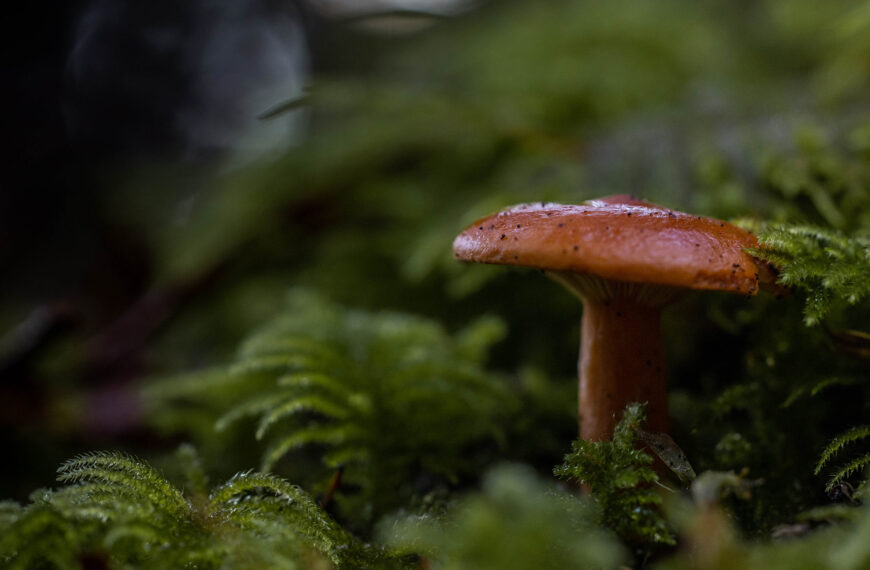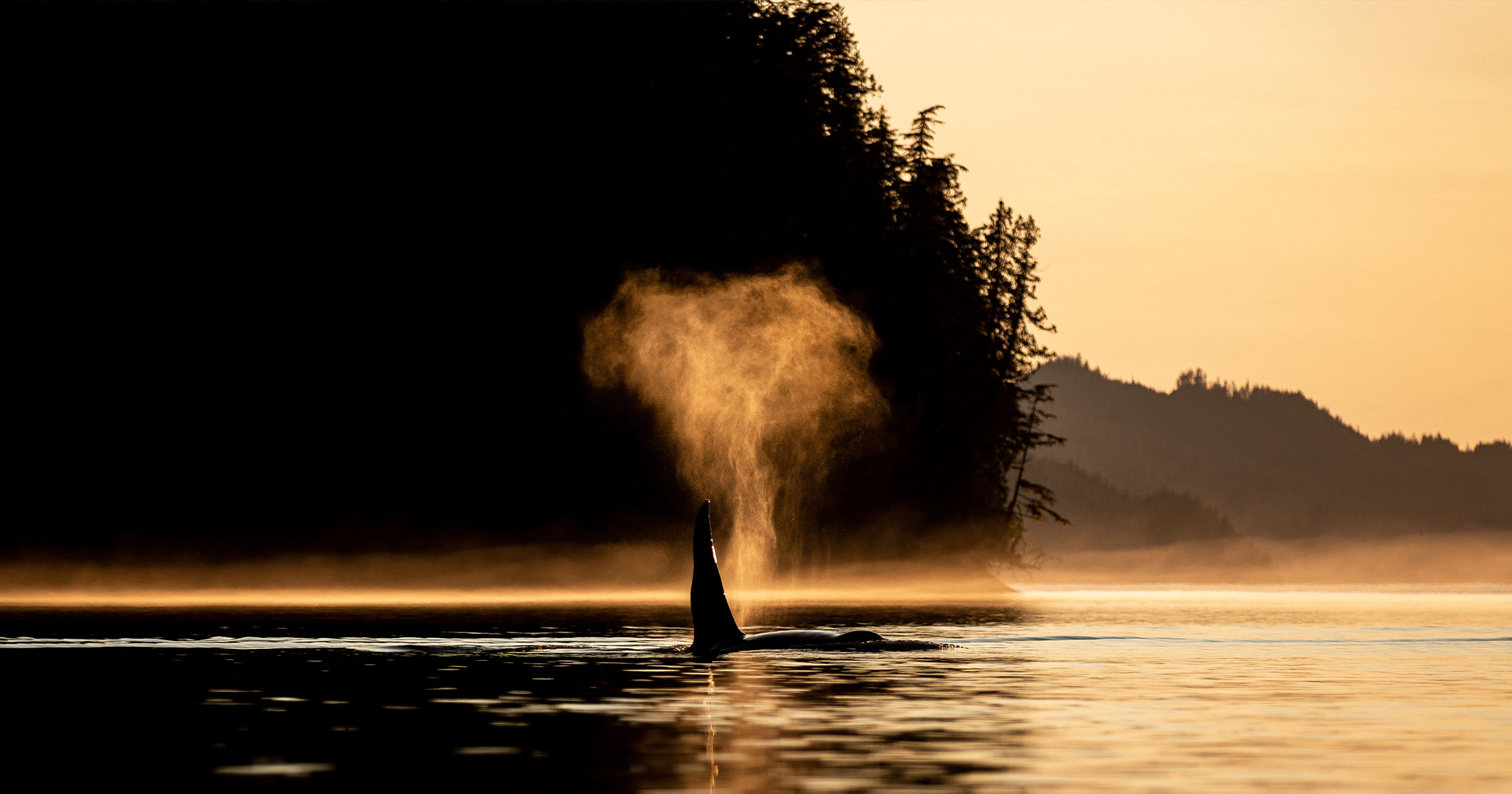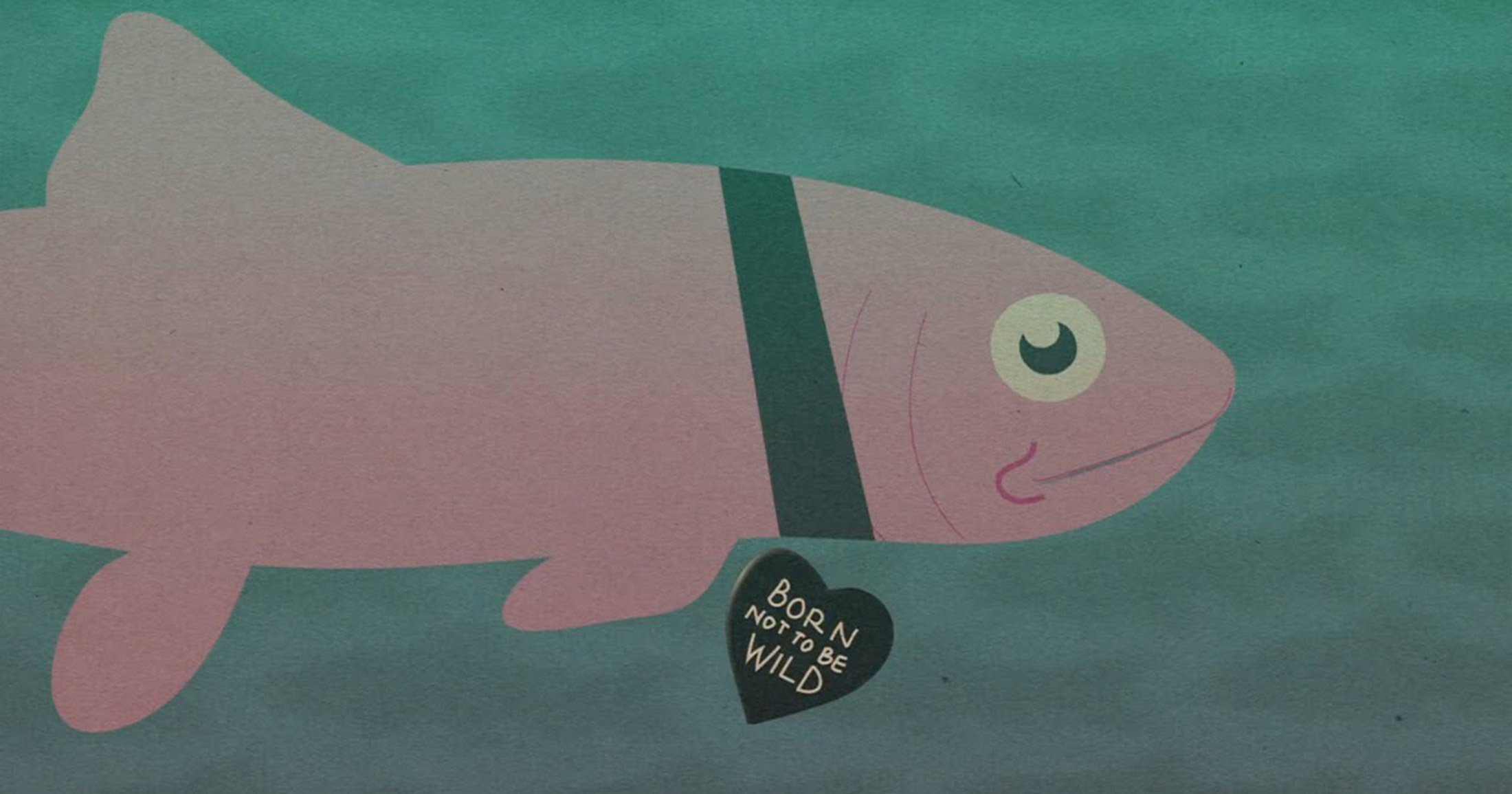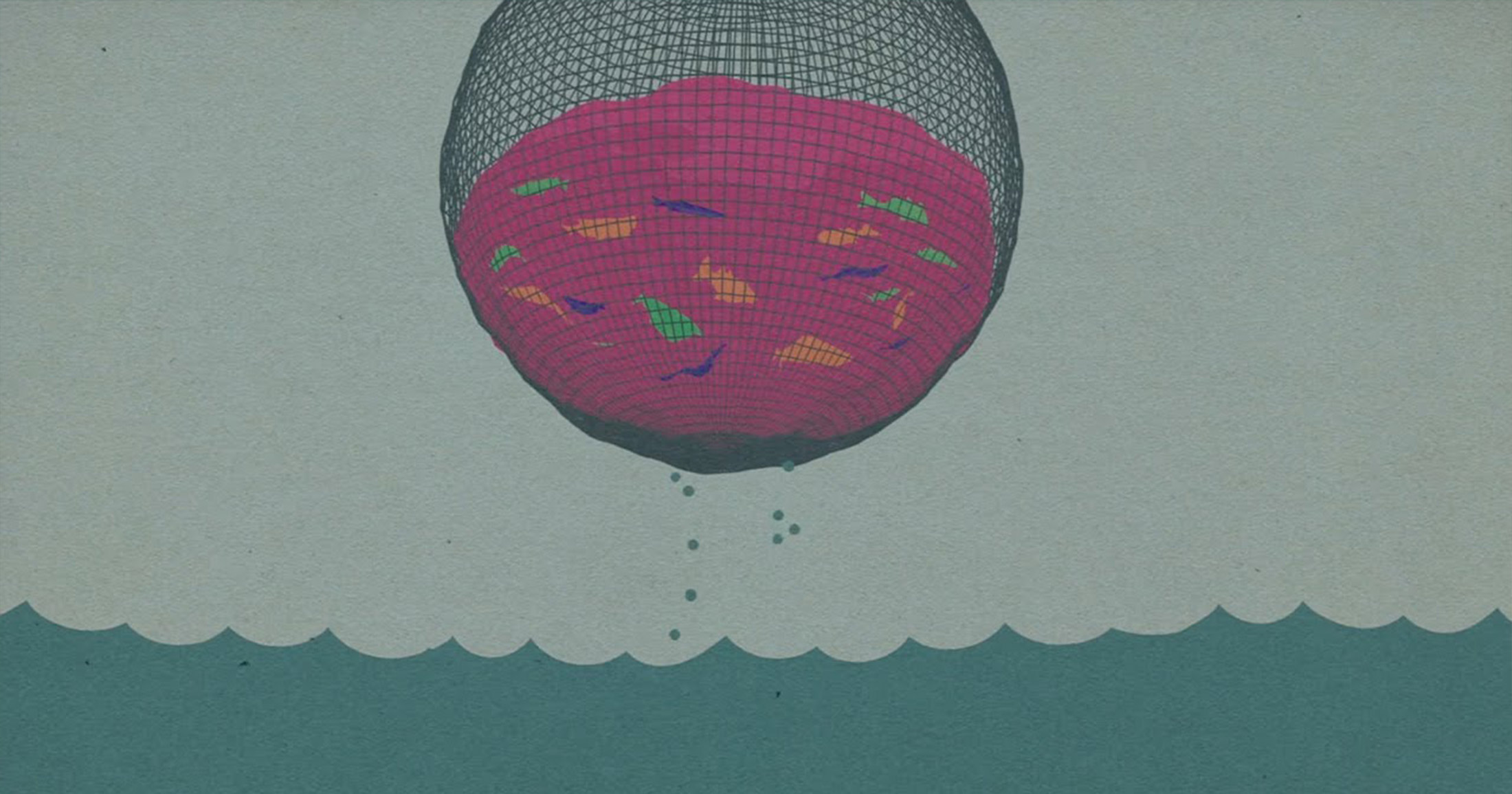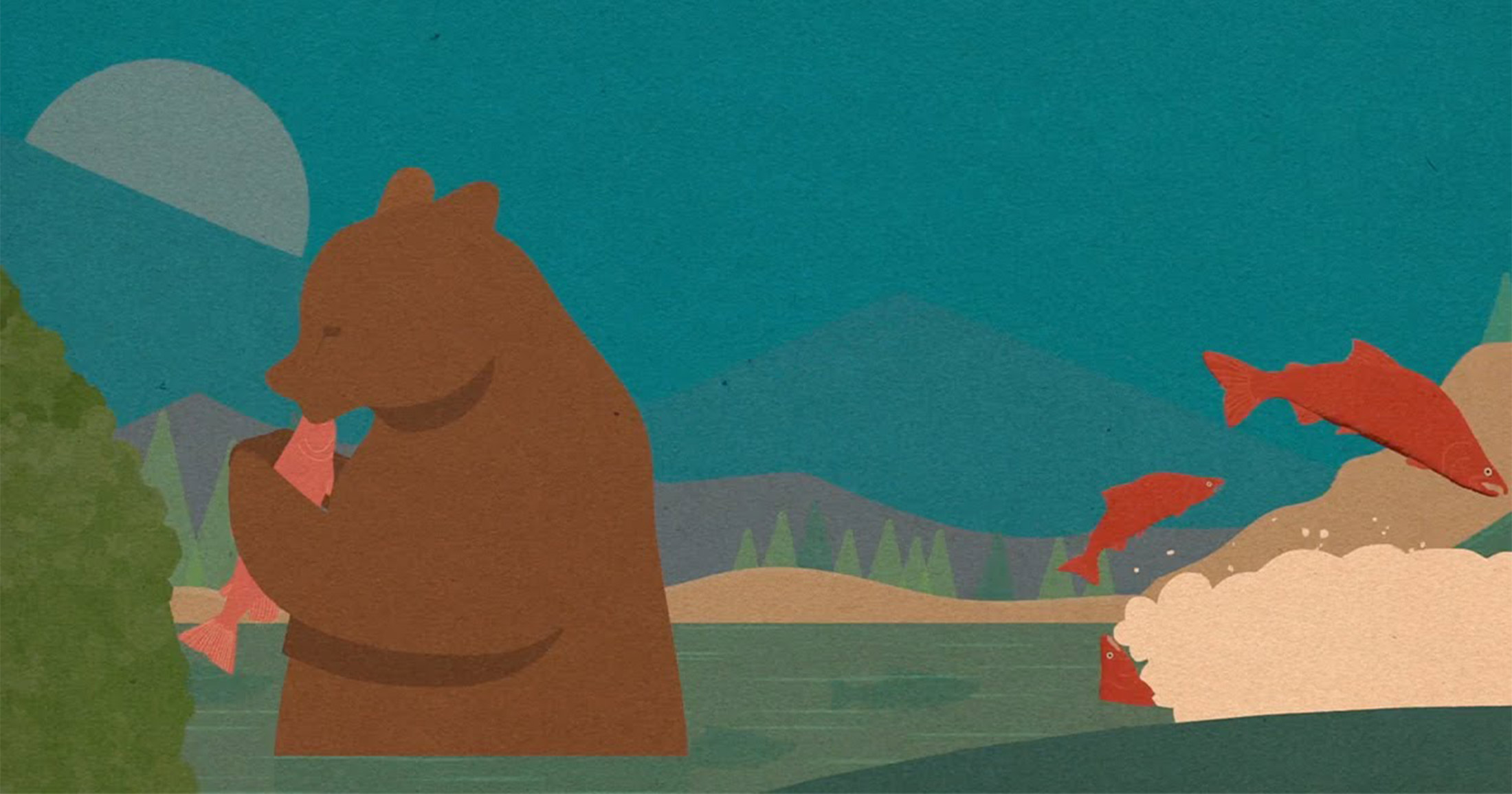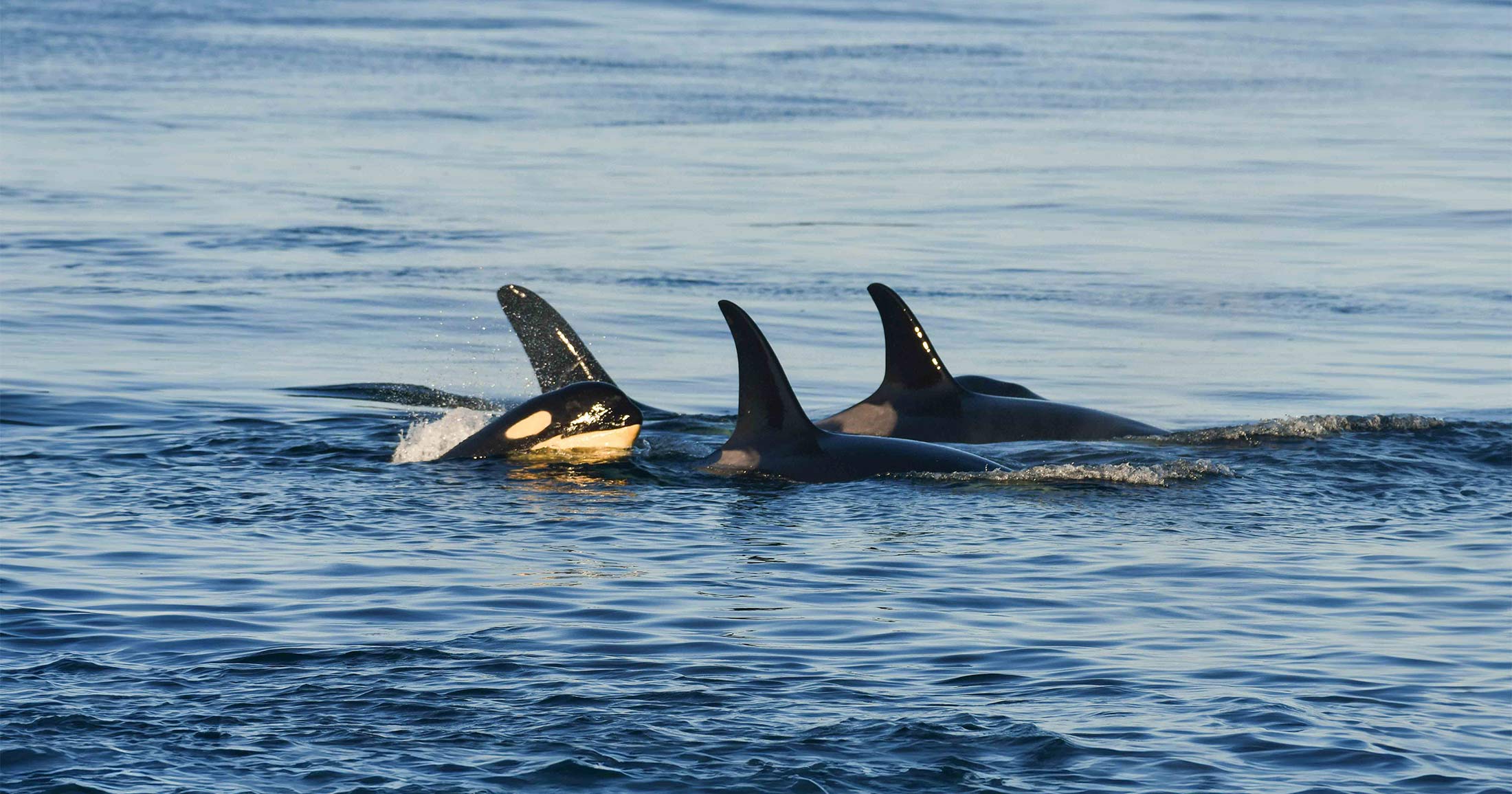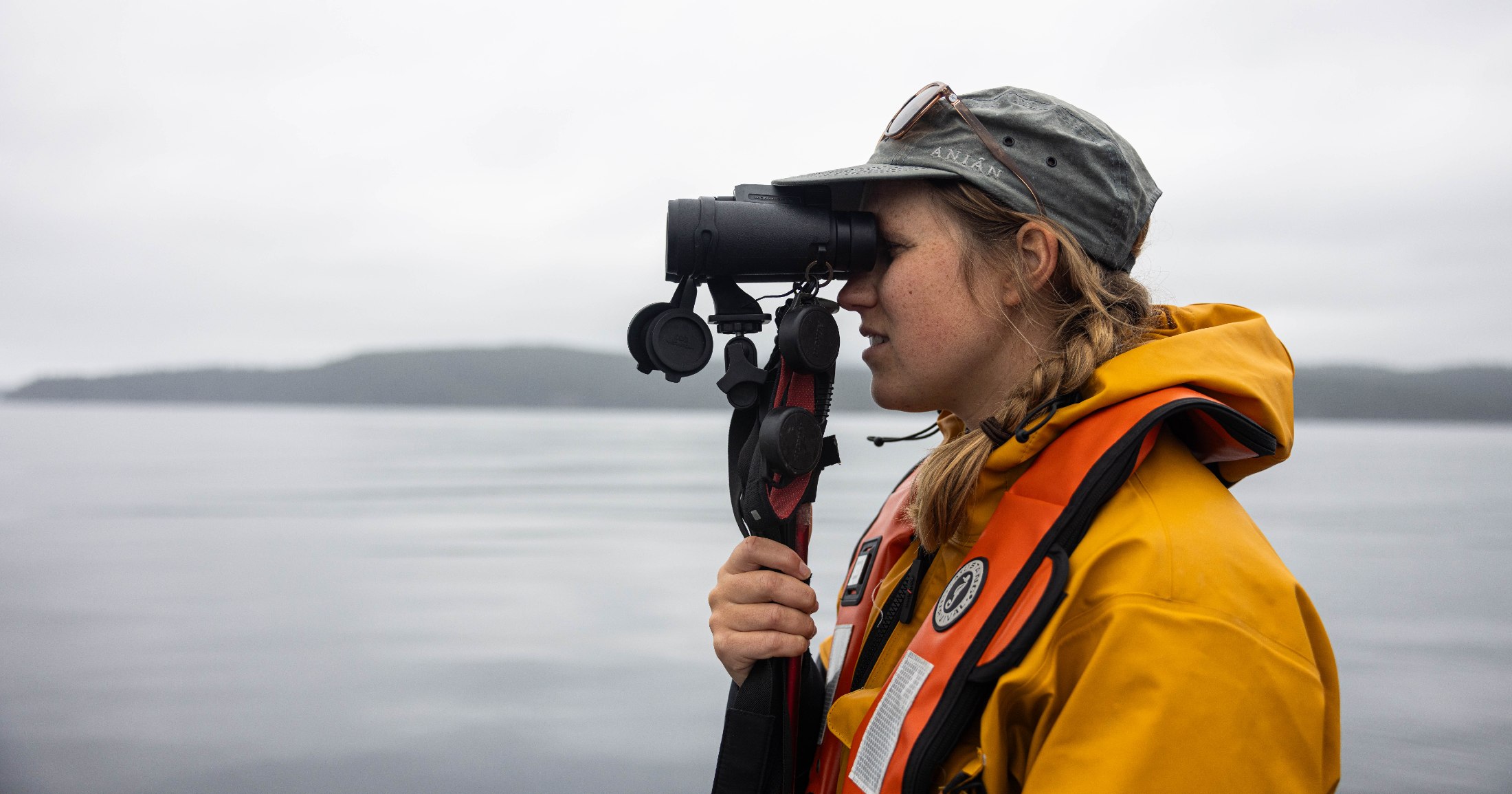Meet Chelsea Greer, Raincoast’s Wolf Conservation Program Coordinator
Chelsea has joined the Raincoast team to lead our Wolf Conservation Program, which focuses on research, education, ethics, and wildlife management reform.
Chelsea Greer joined our team part time in 2020, while completing a master’s degree in Geography, and full time in spring of 2022! Chelsea brings a wealth of experience in animal behaviour, ethics, and conservation science. We posed some questions to her to get to know more about the skills she brings and what drew her to working with Raincoast.
Tell us about you and your background in animal biology that you’re bringing to our team!
Ever since I was little, whether she was the family dog or one of the dozens of snails I found in our garden, I have always felt this immense love and compassion towards animals. My initial interest in wildlife wasn’t necessarily driven by a fascination in their biology or ecology, but instead by a desire to understand the emotional lives of animals and the complexities of human-animal relationships. This led me to pursue a bachelor’s degree that not only focused on animal physiology and behaviour, but also the role of—and ethics around—animals in human society. As I learned more about alternative paradigms to traditional conservation and animal welfare science, my interests began to center on notions of coexistence and how animal welfare principles apply to wildlife. Shortly after graduating, I was fortunate to have the opportunity to explore these interests hands-on and help run a pilot study on the behaviour of semi-wild Asian elephants in a forest sanctuary in northern Thailand. This work ultimately led me to pursue a master’s degree in geography – where I continued to study the same family of elephants while also fostering a curiosity for canid (wolves and coyotes!) conservation science.

Elephants! Can you tell us more about that research?
One of the main goals of my master’s research was to better understand the behavioural and ecological needs of elephants rescued from captive settings and transitioned into a rewilded life. In Thailand, laws currently categorize elephants into two entirely distinct, disconnected populations: wild Asian elephants are a protected species, whereas captive Asian elephants are registered as draught animals (i.e. livestock), allowing their owners to use and trade them at will. There are over 3700 captive elephants in Thailand, the majority of whom live in poor welfare conditions in “elephant camps” established for tourism. Elephant tourism camps are profit-driven and their exploitative nature often perpetuates physically dangerous conditions for both elephants and mahouts (elephant keepers). Non-government organizations, such as Mahouts Elephant Foundation, through which the research was conducted, have collaborated with Karen Indigenous mahouts and their communities to create alternative models for elephant protection and tourism to successfully reintroduce captive elephants into community-managed forests. Without sustainable sources of income, many people from these communities feel compelled to either sell their elephants or bring their elephants to the cities, leaving their families behind, to work in elephant tourism camps. By collaborating with Karen communities that own captive elephants, this alternative model supports novel conservation efforts that can create opportunities to provide communities with cultural and economic stability while restoring to captive elephants the capacity to forage for native plants and form social groups and bonds.
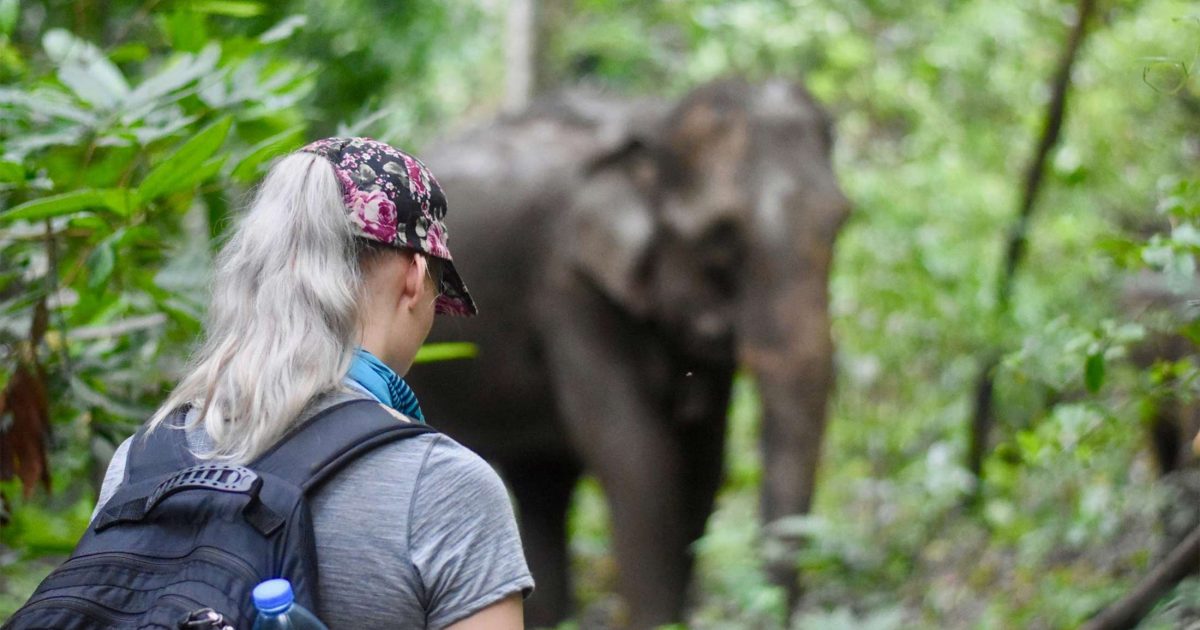
What did you learn about elephants that applies to wolves in BC?
Elephants are socially complex, highly intelligent animals, and so are wolves! Living in complex social units, such as an elephant herd or wolf pack, allows for the formation of intimate relationships and strong social bonds between group members. It also allows for the sharing of knowledge, which is seen in both elephants and wolves. Older elephants are repositories of social and ecological knowledge, and pass on what can best be described as culture. For example, learning where to go to find water during a drought or how to distinguish between friend and foe, is passed on from mother to daughter. Similarly, older wolves, as more experienced hunters, share hunting strategies and techniques with younger wolves. A wolf family group will pass down knowledge and information from one generation to the next, maintaining a culture unique to that pack.
That’s really cool. Tell us more!
The issues related to the conservation and welfare of wolves and elephants are, in many ways, perpetuated by the categories and labels humans have imposed upon them. Thailand’s ‘wild and endangered’ elephants are afforded very different considerations and protections from those designated as ‘captive and unemployed’, even though they are one and the same species. BC’s wolves have been categorized as ‘overabundant’ or ‘nuisance wildlife’, ultimately leading them to be the target of government-sanctioned culls and gratuitous trophy hunts. When such labels are removed, however, it is revealed that our actions (i.e., our treatment of wildlife) are a product of our attitudes towards wildlife, not an inherent quality of the animals themselves. Unfortunately for the wolf, a plurality in human attitudes towards wolves gives rise to conflicting goals and priorities regarding their presence in shared landscapes.
What drew you to working at Raincoast?
After working on international wildlife issues, I had a strong desire to nourish my connection to the land, waters, and wildlife of a place I’ve always called home. In an effort to champion an interdisciplinary approach, I wanted to contribute to local conservation efforts that (1) maintain high ethical standards and (2) foster impactful and enduring relationships with local communities. And central to Raincoast effort’s are just that – science, ethics, and long-term partnerships with Indigenous governments. In regard to how we manage, or rather ‘mis-manage’, our wildlife and their habitats in this province, Raincoast was at the forefront of bringing ethics into the conversation. A great example of this is the organization’s 20-year push to end BC’s grizzly bear trophy hunt. The issue of ethics played a prominent role in Raincoast’s campaign strategy and it remains a central thread to our wolf research and advocacy, which I am very excited to be a part of.
On a personal level, why is this work important to you?
I grew up in BC and have a genuine love for wildlife and our natural environment. To put it simply, I want to protect my home and what I love. And I’m driven to take part in the action that is required to pass on a world with a healthy environment to future generations.
Why do you care about rats? Aren’t rats evil?
Rats are fascinating! They’re resourceful, intelligent, playful, and in my opinion, very cute. When tickled, they let out a burst of ultrasonic squeaks (the rat version of human laughter). They also have such a good sense of smell that they have been used to detect landmines and diagnose diseases such as tuberculosis! Like wolves, rats are often labeled as a ‘pest’ or ‘problem’ which unfortunately often dictates how they are treated. Knowledge is power, and disseminating positive and accurate information about wildlife, whether it be wolves, rats or elephants, can change the way people think about them. It is my hope that we can inspire people to not only protect wildlife and their habitats, but also to treat all animals (domestic and wild) with respect and compassion.
Support our mobile lab, Tracker!
Our new mobile lab will enable the Healthy Waters Program to deliver capacity, learning, and training to watershed-based communities. We need your support to convert the vehicle and equip it with lab instrumentation. This will allow us to deliver insight into pollutants of concern in local watersheds, and contribute to solution-oriented practices that protect and restore fish habitat.



